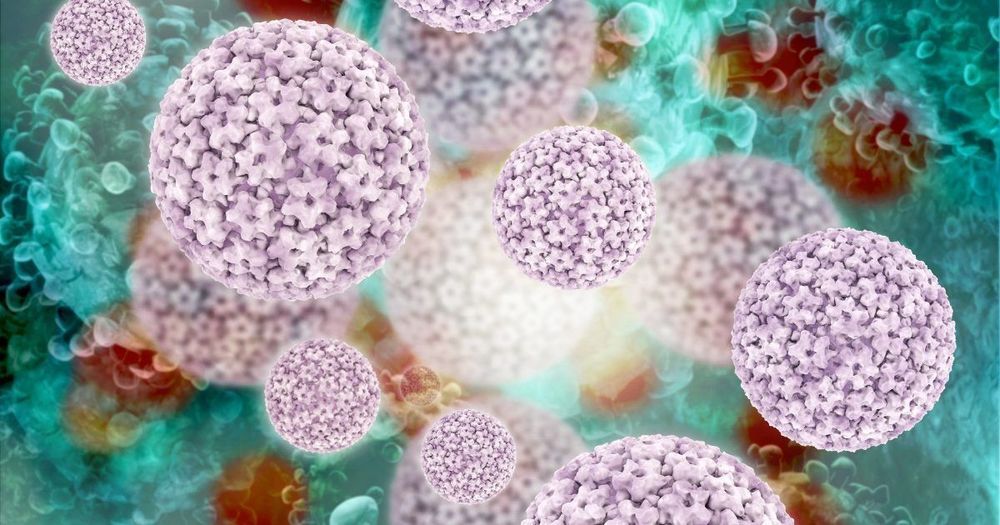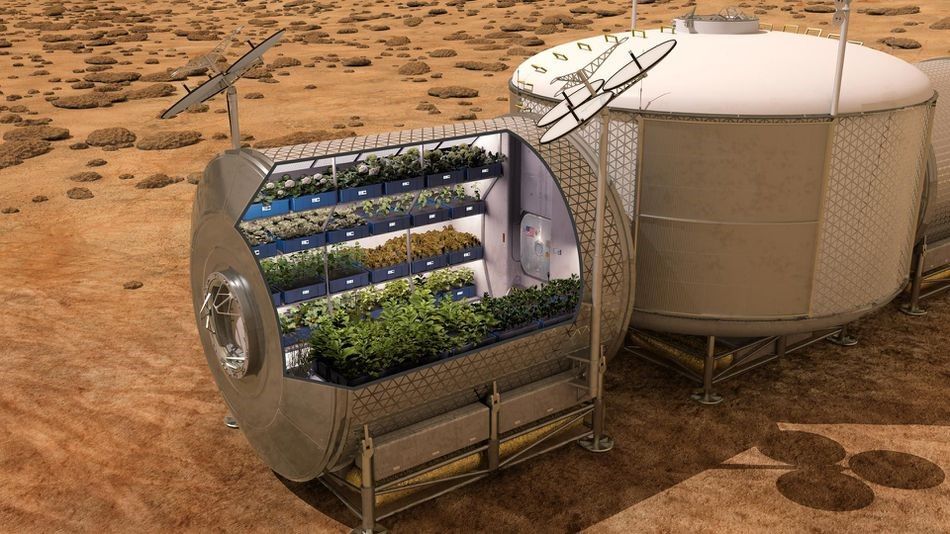Aug 24, 2020
This piece was written as part of the Artificial Intelligence and International Stability Project at the Center for a New American Security
Posted by Malak Trabelsi Loeb in categories: robotics/AI, security
This piece was written as part of the Artificial Intelligence and International Stability Project at the Center for a New American Security, an independent, nonprofit organization based in Washington, D.C. Funded by Carnegie Corporation of New York, the project promotes thinking and analysis on AI and international stability. Given the likely importance that advances in artificial intelligence could play in shaping our future, it is critical to begin a discussion about ways to take advantage of the benefits of AI and autonomous systems, while mitigating the risks. The views expressed here are solely those of the author and do not represent positions of IEEE Spectrum or the IEEE.
AI deception: when your artificial intelligence learns to lie.


















